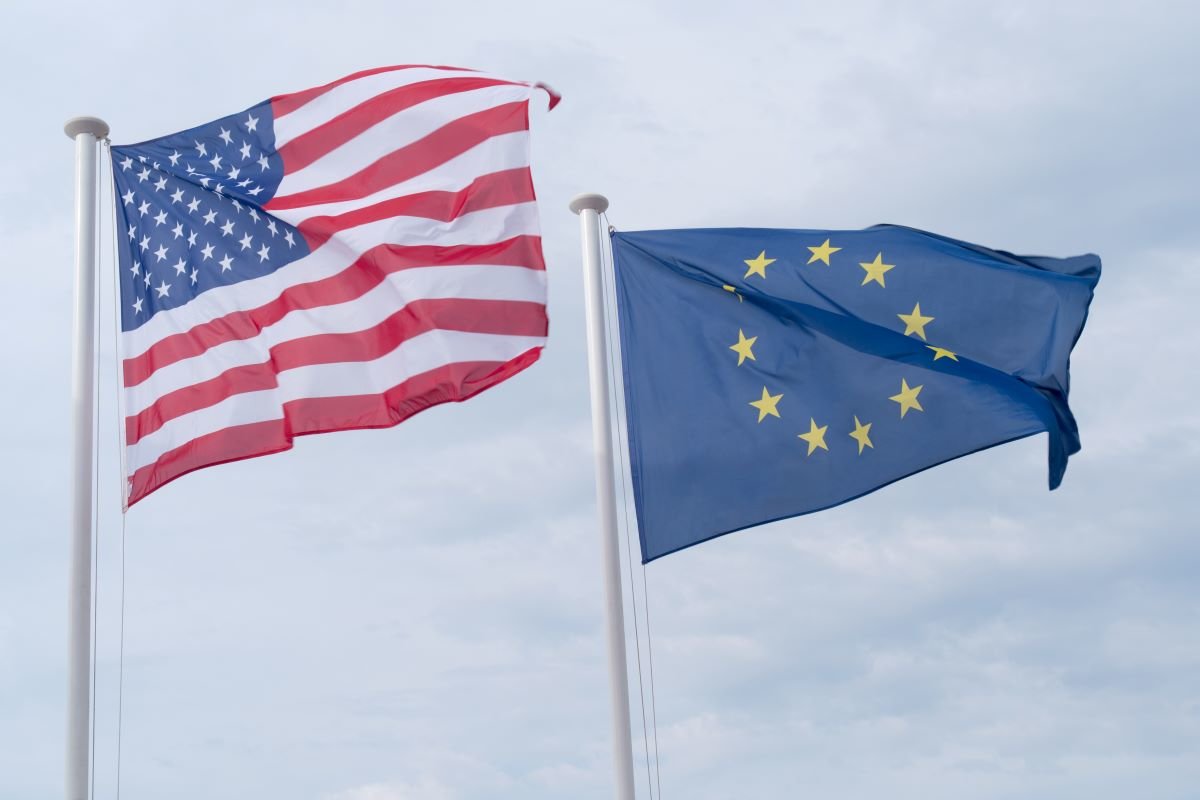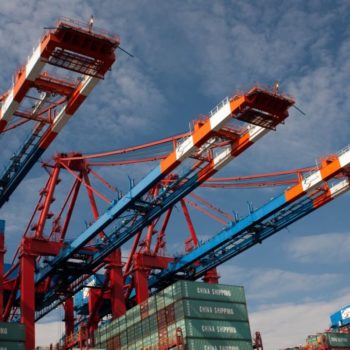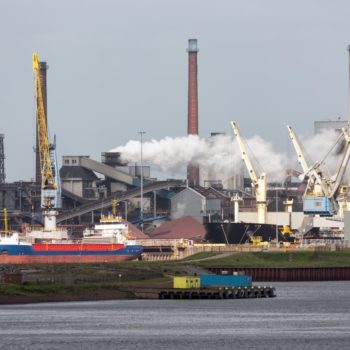The European Union and the United States will convene the first in-person Trade and Technology Council in Pittsburgh on September 29. Among the ten working groups, the one on Climate and Green Technology needs vitalisation. This is at odds with statements by both the EU and US, calling climate change “code red for humanity” and promising net zero greenhouse gas emissions by 2050.
The US would like to see the Trade and Technology Council as a forum to confront China. However, the EU does not – Member States are split in various directions. To further shake the boat, transatlantic relations have deteriorated considerably in the months since the EU-US summit in June. Notable incidents are the withdrawal from Afghanistan and the AUKUS agreement. Progress on climate and green tech is not made easier in this context. Thus, last week’s calls for postponing the Trade and Technology Council meeting nearly succeeded.
Despite these challenges, climate change is happening now. It won’t wait for an opportune moment in politics. Global leaders must develop a strong and active working group to support climate and green tech in the transatlantic trade context. We would like to see a focus on the following:
Green procurement
Both the EU and the US are ramping up efforts to use private and public procurement policies to establish lead markets for cleaner industrial materials like steel and cement.
The US is considering a ‘Buy Clean’ public procurement policy for government-funded infrastructure, to support industrial decarbonisation and phase out carbon-intensive industrial materials from the market. This is in addition to a range of private procurement initiatives, for example, the First Movers Coalition and SteelZero, signalling emerging markets.
If the US and EU align, they can scale up demand for cleaner products and encourage US and EU industries to decarbonise faster. Alignment will also ensure businesses face harmonised regulation and can build green supply chains. At the Trade and Technology Council, the working group can discuss setting joint ambitious green procurement targets, harmonising product standards and mobilising advanced market commitments in key sectors. The goal should be to create early markets for low carbon steel and cement, for example, by 2030. On the way to developing common net-zero product standards, the working group should discuss harmonising carbon-intensity measurement methodologies, thresholds for defining products as “green”, and sharing embedded emissions data.
Reciprocal Funding for Innovation
To bring economies of scale and scope for vital emerging technologies, further innovation is needed.
Examples are long-duration storage to meet the goal of 100% clean electricity. The working group at the Trade and Technology Council can be a space for coordinating funding to target key innovation bottlenecks and ensure bilateral access to research and innovation programs, especially as the US and EU are investing billions in clean energy programs. Reciprocal funding should be paired with efforts to mobilise research and innovation resources and capacities around the needs of energy transitions in developing countries. This will send a message of leadership and inclusion and ensure the gap in the clean economy transition does not widen. Additionally, it will set a precedent on how to work collaboratively on research and innovation to accelerate the global transition, linking to existing platforms such as Mission Innovation and CEM.
Managing challenges to clean energy and clean tech subsidies
Instead of relying on dynamic carbon pricing as in the EU, the US wants to take an incentive and penalty approach to its energy transition: providing tax incentives and grants for burden-sharing, balanced by fees for under-performance. The EU is also exploring introducing subsidy schemes, in the form of Carbon Contracts for Difference for industrial decarbonisation efforts. Subsidies for clean technology face challenges under World Trade Organisation rules, depending on if they are deemed ‘actionable’ or ‘prohibited’. The EU and US should agree to a temporary mutual acceptance of clean energy and clean tech subsidies, equivalent to a voluntary waiver for trade litigation for a set timeframe and coordinate on managing trade challenges related to subsidies for clean tech in bilateral, plurilateral and multilateral fora.
The stakes are high, and it is crucial for climate and green tech to become a staple of the Trade and Technology Council.


